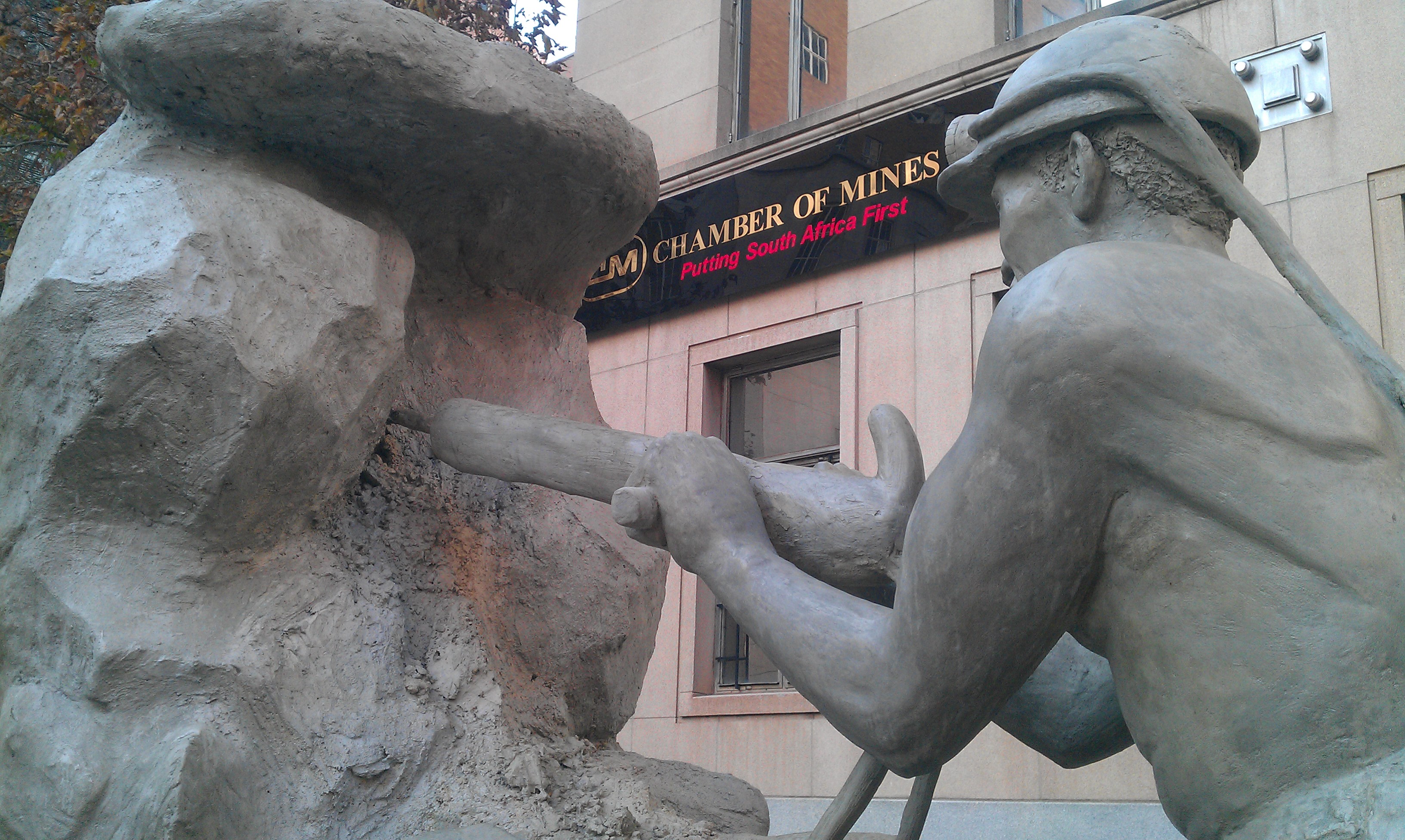Settling in the Concrete Jungle
I have now been a week in Jo’burg, and what an eventful week it has been. Since last weekend, South Africa has been mourning the shocking death of Vuyo Mbuli, an energetic and young newscaster who brightened the lives of all who listened to or watched the daily morning news—so pretty much all South Africans. His funeral was held today, with much outpourings of appreciation for Mbuli’s short but sweet, 46-year life. His trademark television goodbye was throwing two thumbs up, with the quick words, “Sharp sharp!” He was enjoying a live Rugby game with his son when a blood clot migrated to and blocked his lungs (“pulmonary embolism”).
Johannesburg is a concrete jungle filled with extremes, a rich history with some dark chapters, and a diverse community of Zulus, Xhosas, Afrikaners, English, Indians, Vendas, coloreds (mix of Afrikaner and black), and all possible mixes thereof. Truly a microcosm of South Africa itself. There are some fancy suburbs like Sandton, high up on a hill as befitting the Beverly Hills of the Jo’burg area, and the not so fancy but more well-known Soweto, the black townships where much of the uprisings against apartheid began.
Khulumani’s offices are in the Khotso House, a building owned by the South African Council of Churches. The Khotso House, in downtown Jo’burg, was bombed in 1988 by the apartheid regime because Khotso hosted groups that were anti-apartheid. Though the white bombers admitted their guilt during the post-apartheid Truth and Reconciliation Commission hearings, they were granted amnesty and thus were never prosecuted nor held accountable for their acts. The same applies for numerous other apartheid-era criminals, and this forms part of the problem that South Africa faces today: how to account for an unjust past, while at the same time move forward?

The mining industry—mainly gold, platinum, and coal—provides much revenue for South Africa, but has also seen many labor disputes and strikes, especially in the last year. This coming month, the Chamber of Mines (representing the mining companies), the unions, and the government will be negotiating for ways to prevent the Marikana massacre of August 16, 2012, from ever happening again. My first project for Khulumani involves proposing ways for mining companies to ensure the loyalty of mineworkers by contributing to the communities where the mineworkers come from.
There's so much more I could write about, but I must save some content for next week. In honor of Mbuli, sharp sharp!